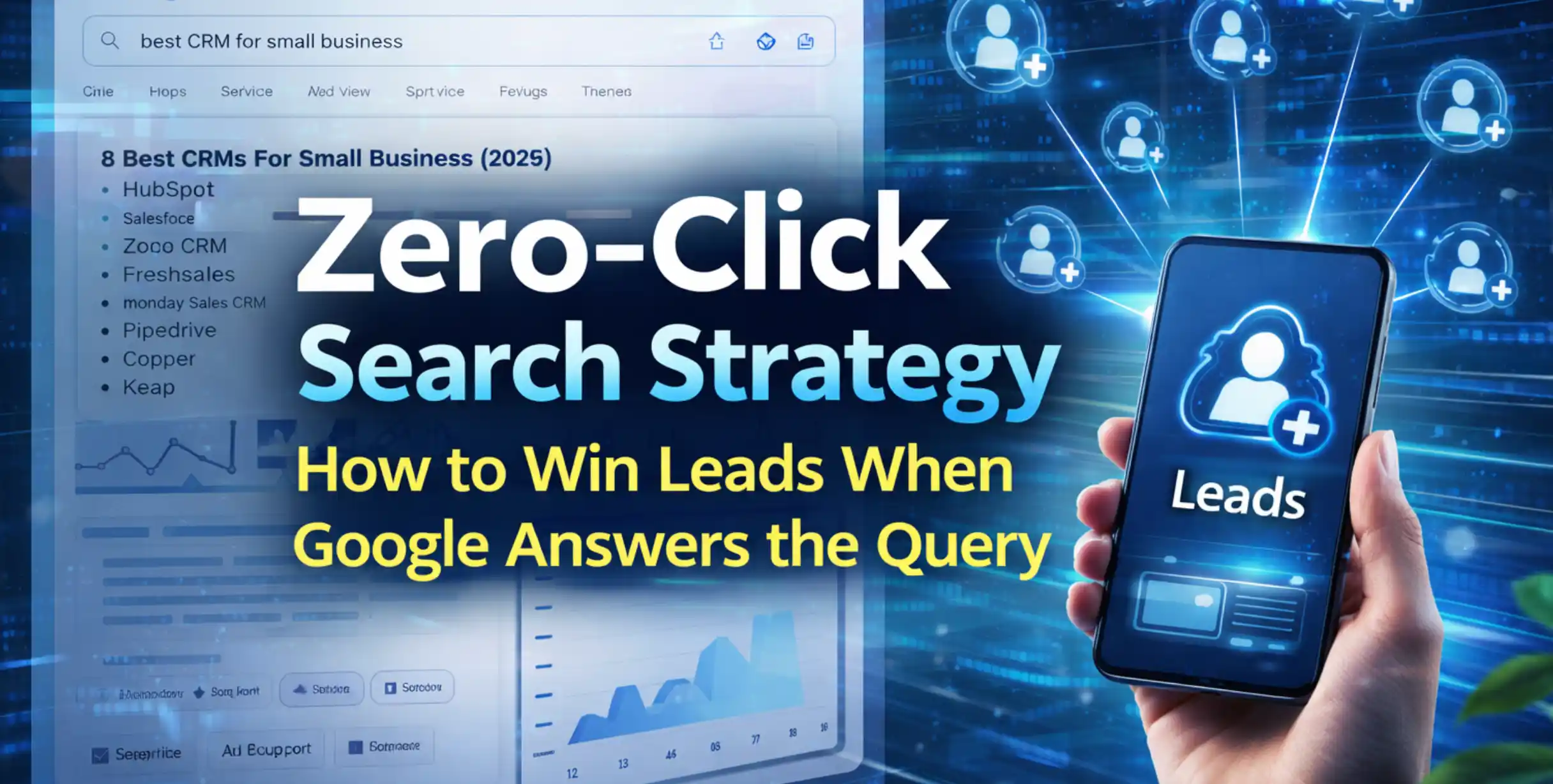Keeping Your Brand’s Reputation Flawless: 7 Tips
Updated on
Published on
More than capital or influence, a brand's reputation is its most vital asset. A strong reputation ensures a brand's growth and resiliency. However, in an age where information travels and opinions shift at the speed of thought, how do you maintain one? Here are seven proven tips to help you hold a steady course while navigating the digital world's reputational perils.
1. Nail Customer Support
No brand can manage every piece of information circulating about it on the internet. However, the key to upholding a stellar reputation lies in guaranteeing impeccable quality in the areas of the business where you wield the most influence. A prime example is customer support.
Even the best products have flaws or don't entirely satisfy customers' needs. Turn complaints into positive learning opportunities by addressing concerns promptly and professionally. Successfully resolving such issues improves customer loyalty and retention. Moreover, customers with positive support experiences often mention them in reviews and are less likely to seek out the competition.

2. Showcase Your Wins
Adopting a proactive reputation management approach is an effective way of dealing with negativity. Highlight and widely promote your accomplishments. These achievements could range from charitable initiatives coordinated by your team to uplifting anecdotes about customers whose lives have been positively impacted by your brand. However, it's important to tread carefully and avoid veering into the territory of excessive self-promotion or exaggeration.

3. Monitor Mentions
You don't need to chime in on every conversation concerning your brand. However, it's crucial to be aware of online interactions, news stories, and related opinion shifts as they emerge. Luckily, various monitoring tools let you track brand mentions and their context as soon as they're online.
Taking advantage of this information comes with many benefits. You can conduct sentiment analysis and see how others perceive your brand or get wind of trends early. Keeping an eye on your competitors is invaluable; it unveils significant insights into their business strategies, which in turn can inspire enhancements to your own practices.
Data removal services like Incogni can further help manage and remove unwanted or harmful online content, ensuring your brand's reputation remains intact. These services allow you to maintain a clean and trustworthy online presence by proactively addressing damaging information.

4. Own Your Reviews
Reviews, rather than promises and marketing speak, wield the greatest impact on consumers’ purchasing decisions. Use that to your advantage. Display genuine reviews prominently on your website while making sure to engage with positive and negative ones equally.
Expressing thanks lets users who enjoy your brand know they’re appreciated. Tactfully handling negative ones shows a willingness to own up to and learn from mistakes. Both actions are highly valued by people.

5. Don’t Neglect Cybersecurity
Successful brand management relies heavily on the collection and analysis of data, as emphasized in our earlier recommendations. Moreover, brands that don't follow secure data handling practices place their reputation, solvency, and customer trust in danger.
Data breaches are becoming increasingly common and pose a significant threat to brands. Companies that collect extensive data on markets, competitors, and customers risk substantial losses if that information is compromised. Securing personal data is crucial since cybercriminals can leverage it for financial gain and identity theft. Some individuals also reuse login information, which causes even more problems due to credential stuffing.
To effectively manage their reputation, companies must adopt a holistic approach to cybersecurity. That means regulating and stratifying data access, keeping systems up to date, and maintaining secure backups.
Business VPNs are a must for secure communication and data sharing, especially between team members who access company resources from outside and might be using vulnerable networks. Some VPNs incorporate advanced vulnerability detection tools that check devices for software vulnerabilities and help users address them.

6. Take Care of Your Employees
Treating employees fairly isn’t only the right thing to do – it can also be a branding masterstroke. Content employees advance your brand’s excellence through increased productivity and creativity. They also make fantastic brand ambassadors since they spread positivity about the brand through word-of-mouth and win customers over with their knowledge and enthusiasm.

7. Have a Plan for Worst-Case Scenarios
Despite your best efforts, things may sometimes go south. A competitor could create a smear campaign against your brand or an employee might get embroiled in a scandal. Instead of hoping crises like this won't happen, start developing strategies on how to minimize the fallout or even turn controversy into opportunity.
When challenges arise, remember that a composed, on-brand response, paired with maximum transparency and a commitment to setting things right, is key. Every brand encounters adversity. Handling it with grace makes it more likely that people will forgive and forget.









